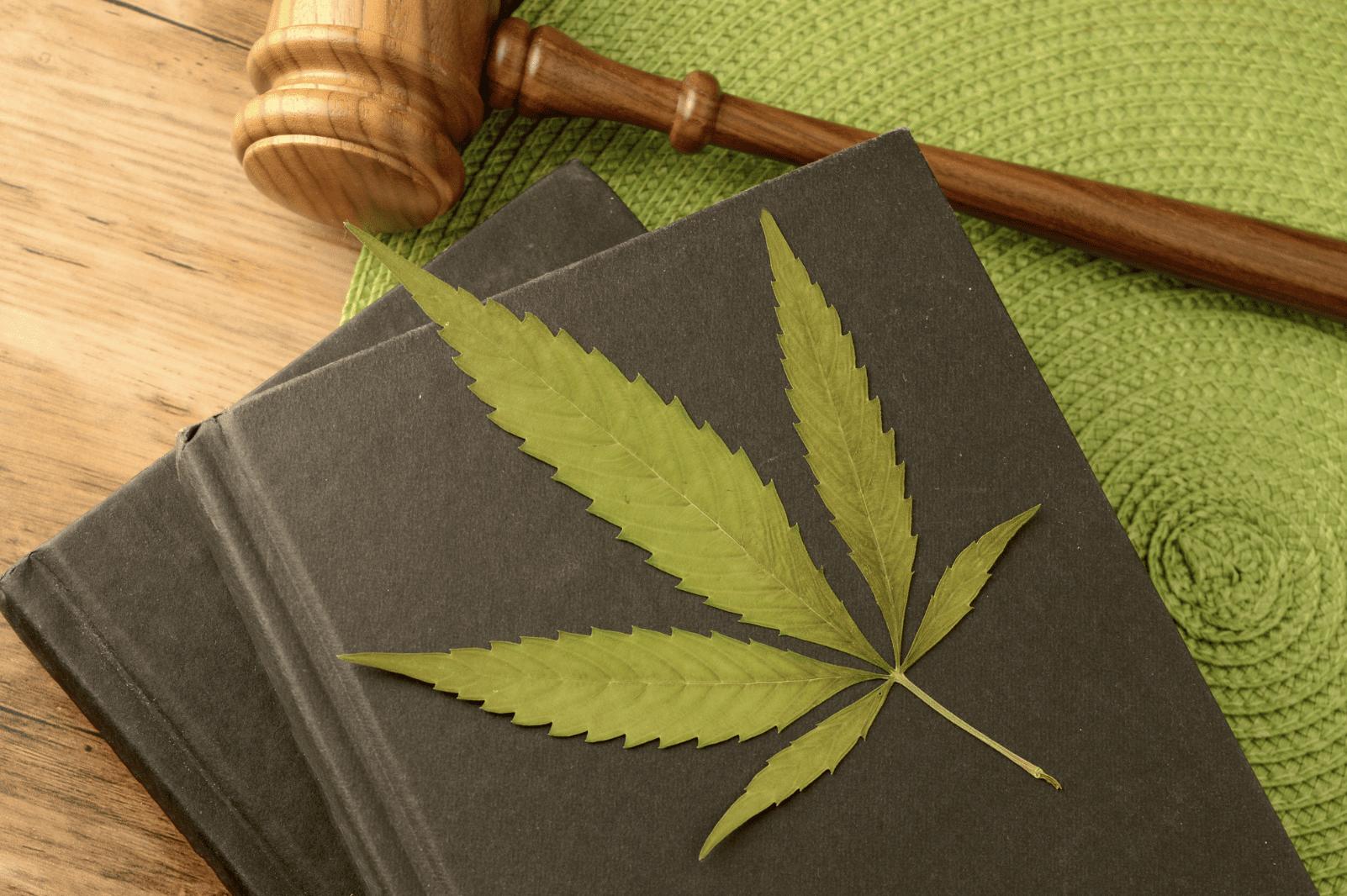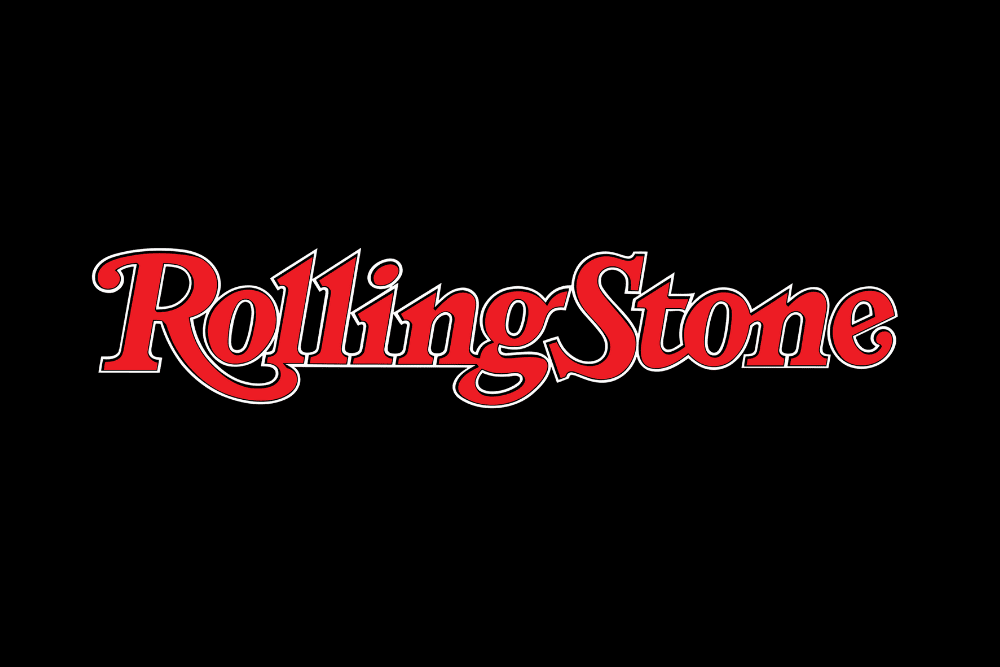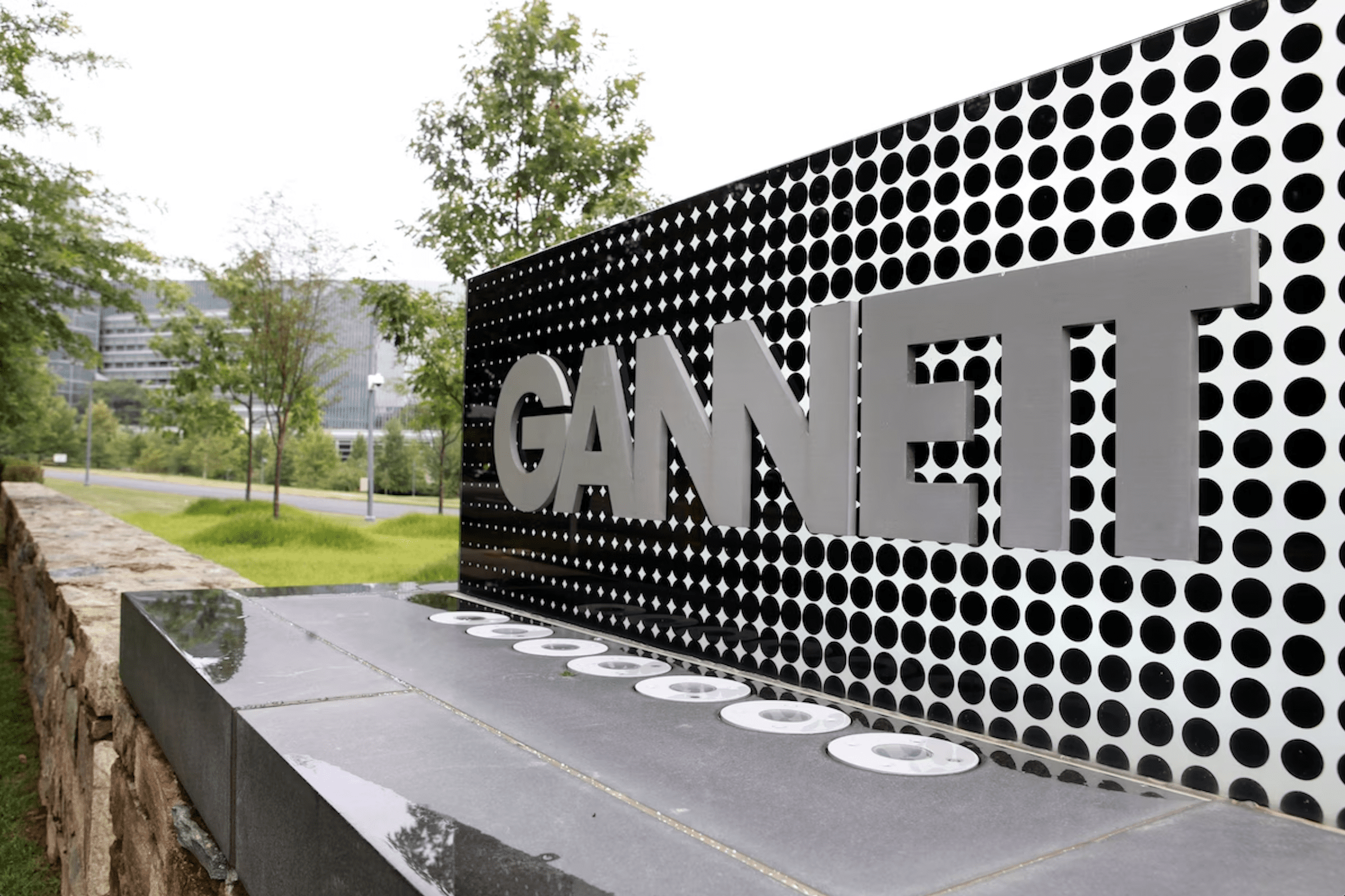When License Suspensions Signal Deeper Problems at Detox Facilities
Multiple license suspensions at a detox facility aren’t just red flags—they’re sirens warning of potentially fatal conditions that may have already claimed lives. If your family has lost someone at a Los Angeles detox facility with a history of license suspensions, you’re likely grappling with grief, anger, and urgent questions about accountability. The connection between repeated license violations and patient deaths often reveals a pattern of systemic neglect that can form the foundation for a wrongful death lawsuit. California law recognizes that facilities operating with suspended licenses or patterns of violations may bear legal responsibility for resulting injuries and deaths.
💡 Pro Tip: Document everything immediately—save all facility communications, medical records, and any notices about license suspensions you can find through public records, as this evidence becomes crucial for establishing a pattern of negligence.
If you’re facing the heartache of a family loss at a detox facility with a history of license suspensions, it’s time to ensure accountability. Reach out to MSD Lawyers to take a stand and pursue justice. Connect with us by calling 213-401-0823 or contact us to explore your legal options.

Your Legal Rights When Detox Facilities Fail to Protect Patients
California law provides multiple pathways for families to seek justice when a detox clinic death lawyer in Los Angeles investigates facilities with license suspensions. Under the doctrine of negligence and the licensing requirements set forth in Cal. Health & Safety Code §§ 1250 and 1501 (leginfo.legislature.ca.gov). Under the doctrine of negligence, treatment facilities must provide reasonable care to their patients, and operating with suspended licenses or in violation of state regulations represents a clear breach of this duty. The recent California drug treatment facility oversight audit revealed that when the Department of Health Care Services identified patterns of serious deficiencies in licensed treatment facilities, it appropriately suspended and revoked those facilities’ licenses—indicating these suspensions reflect genuine safety concerns that could support liability claims.
Families pursuing wrongful death claims can seek compensation through several legal theories. Direct liability applies when facility owners or management adopt harmful policies leading to neglect, while vicarious liability holds facilities responsible for their employees’ negligent acts committed during employment. When working with a detox clinic death lawyer in Los Angeles, families can pursue damages including medical expenses, lost wages, and compensation for emotional injuries. The law recognizes that facilities operating in violation of California HSC 11834.30, which prohibits operating without a valid license, may face both regulatory penalties and civil liability for resulting harm.
💡 Pro Tip: California’s two-year statute of limitations for personal injury lawsuits means you must file within two years from the date of death—don’t wait to consult an attorney, as building a strong case takes time.
Understanding the Legal Timeline After a Detox Facility Death
Time moves differently when you’re grieving, but California law sets strict deadlines that families must follow when pursuing justice. The legal process for holding facilities accountable typically unfolds over several months to years, but certain critical actions must happen immediately. Understanding this timeline helps families protect their rights while managing the emotional toll of loss.
- Immediate Actions (0-30 days): Report the death to authorities, request all medical records, and document the facility’s license status—the California drug treatment facility oversight audit found that complaint investigations took an average of nearly one year to complete, making early documentation crucial
- Initial Investigation (1-3 months): Your attorney will investigate the facility’s history of violations, interview witnesses, and review state inspection records to establish patterns of negligence
- Filing Deadline: California law requires filing within 2 years of the death, but evidence preservation and witness availability make earlier action preferable
- Discovery Phase (6-12 months): Both sides exchange evidence, including facility records that may reveal additional violations or previous incidents
- Resolution Timeline: Cases may settle within 12-18 months or proceed to trial, which could extend the timeline to 2-3 years
💡 Pro Tip: Request copies of all state inspection reports and complaint investigations through public records requests—the audit found Health Care Services took an average of 183 days just to assign complaints, so obtaining these records early is essential.
Building Your Case with MSD Lawyers’ Proven Approach
License suspensions create a compelling foundation for legal action, but success requires methodical case building and experienced legal representation. A detox clinic death lawyer in Los Angeles understands how to connect regulatory violations to specific harm, transforming administrative findings into powerful evidence of negligence. MSD Lawyers has extensive experience translating complex regulatory violations into clear narratives that juries understand, demonstrating how repeated license suspensions directly contributed to inadequate care and preventable deaths.
Resolution often comes through negotiated settlements that recognize the facility’s clear liability, especially when multiple license suspensions demonstrate a pattern of violations. However, some cases require trial to achieve full accountability. Families working with experienced legal counsel can pursue comprehensive damages including funeral expenses, lost future income, and compensation for the profound emotional loss. The presence of multiple license suspensions often strengthens negotiating position, as facilities recognize their vulnerability when regulatory violations directly preceded patient deaths.
💡 Pro Tip: Some facilities include arbitration clauses in admission contracts—have your attorney review all paperwork immediately to understand whether arbitration requirements apply to your case.
License Suspensions as Evidence of Systemic Failures
Multiple license suspensions don’t happen in isolation—they reflect systemic operational failures that endanger every patient in the facility. When pursuing wrongful death claims, a detox clinic death lawyer in Los Angeles examines how each suspension connects to specific safety violations that may have contributed to your loved one’s death. These suspensions often involve critical areas like medication management, staffing ratios, safety protocols, and medical supervision—all factors that directly impact patient survival during vulnerable detoxification periods.
Common Violations Leading to License Suspensions
The most dangerous violations involve medication errors, particularly overmedication cases where facilities fail to properly monitor or adjust dosages during detox. California HSC 11834.30 explicitly prohibits operating without proper licensing, and facilities that continue admitting patients during suspensions face enhanced liability. Additional violations often include inadequate staffing, failure to provide proper medical supervision, and negligent hiring or retention of unqualified staff. Each violation creates another layer of potential liability, especially when facilities knew or should have known about dangerous conditions but failed to correct them.
💡 Pro Tip: Check the facility’s history through the Licensing and Certification Division’s public reports, including their “Temporary Suspension Order, Revoked and Notice of Operation in Violation of Program List”—this provides crucial evidence of past problems.
Overcoming Legal Challenges in Detox Death Cases
While license suspensions strengthen your case significantly, facilities often mount aggressive defenses claiming that addiction complications, not negligence, caused the death. A skilled Los Angeles detox clinic deaths attorney anticipates these defenses by building comprehensive medical evidence showing how specific violations directly contributed to inadequate care. The key lies in demonstrating that proper adherence to regulations and standards of care would have prevented the death, regardless of the patient’s underlying condition.
Proving Causation Despite Complex Medical Issues
Detox patients often have complex medical histories that facilities exploit to avoid liability, arguing that pre-existing conditions or substance use disorders caused death rather than their negligence. However, California law recognizes that facilities accepting vulnerable patients assume responsibility for managing these known risks. Your Los Angeles detox facility malpractice lawyer will work with medical specialists to show how specific license violations—such as inadequate medical monitoring or improper medication protocols—transformed manageable risks into fatal outcomes. This approach connects regulatory violations directly to medical failures, creating clear causation chains that juries understand.
💡 Pro Tip: Maintain a timeline of your loved one’s treatment alongside the facility’s violation history—showing how violations coincided with deteriorating care strengthens causation arguments significantly.
Frequently Asked Questions
Understanding Your Rights After Detox Facility Deaths
Families facing the devastating loss of a loved one at a detox facility often have urgent questions about their legal options, especially when license suspensions suggest systemic problems. These answers address the most common concerns families raise when considering legal action.
💡 Pro Tip: Write down all your questions before meeting with an attorney—grief can make it difficult to remember everything during consultations, and having a list ensures you get all the information you need.
Next Steps in Pursuing Justice
Taking legal action while grieving feels overwhelming, but understanding the process helps families make informed decisions about seeking accountability. The following questions address practical concerns about moving forward with a wrongful death claim.
💡 Pro Tip: Many attorneys offer free consultations for wrongful death cases—use this opportunity to evaluate whether they have specific experience with detox facility cases and regulatory violations.
1. Can we sue if the facility had multiple license suspensions before our loved one died?
Yes, multiple license suspensions create strong evidence of negligence and pattern violations that can support a wrongful death lawsuit. Under Cal. Health & Safety Code §§ 1250 and 1501 (leginfo.legislature.ca.gov). These suspensions demonstrate the facility knew about dangerous conditions but continued operating, potentially establishing gross negligence. Your detox facility death lawyer Los Angeles CA will use these violations to show the facility breached its duty of care.
2. What damages can families recover in Los Angeles detox clinic deaths lawsuits?
California law allows recovery of economic damages including medical bills, funeral expenses, and lost future income the deceased would have provided under Cal. Code Civ. Proc. § 377.61 (leginfo.legislature.ca.gov). Non-economic damages compensate for loss of companionship, emotional support, and guidance. Cases involving multiple license suspensions may support punitive damages to punish particularly egregious conduct.
3. How do license suspensions strengthen a detox clinic negligence lawyer Los Angeles case?
License suspensions provide documented proof that state regulators found serious safety violations warranting enforcement action. This official finding eliminates debates about whether violations occurred, allowing your attorney to focus on proving how these violations caused harm. Seven suspensions suggest a pattern of disregard for patient safety that juries find compelling.
4. What’s the time limit for filing a detox center wrongful death attorney case?
California’s statute of limitations requires filing wrongful death lawsuits within two years from the date of death under Cal. Code Civ. Proc. § 335.1 (leginfo.legislature.ca.gov). However, investigating facilities with multiple license suspensions takes time, so contacting an attorney immediately protects your rights. Some circumstances might affect this deadline, making prompt legal consultation essential.
5. How long do detox center death litigation Los Angeles cases typically take?
Most cases resolve within 12-24 months through settlement negotiations, especially when license suspensions establish clear liability. Cases proceeding to trial may take 2-3 years. The strength of evidence from multiple violations often expedites resolution as facilities recognize their vulnerable legal position.
Work with a Trusted Detox Clinic Deaths Lawyer
Pursuing justice after losing a loved one at a detox facility requires legal representation that understands both the complex regulatory landscape and the profound human impact of these tragedies. Seven license suspensions represent more than administrative violations—they reflect systemic failures that cost lives. Experienced attorneys know how to transform regulatory findings into compelling legal arguments, connecting bureaucratic violations to real human harm. The right legal team investigates beyond surface violations, uncovering patterns of neglect that establish clear liability paths. When families trust their cases to attorneys with proven track records in facility negligence cases, they gain advocates who pursue both accountability and meaningful compensation for preventable losses.
Feeling the weight of an unresolved tragedy at a detox facility with a history of suspensions? MSD Lawyers is here to help you on the path to justice. Get in touch by calling 213-401-0823 or contact us to explore your legal avenues today.












